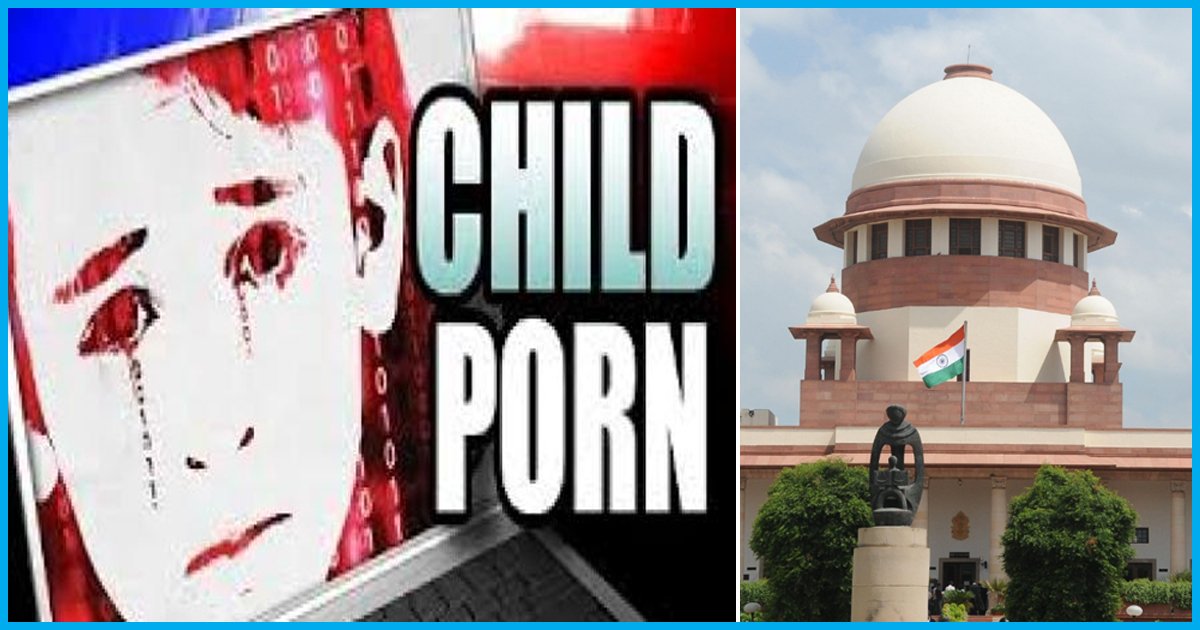
To Act Against Cyber-Bullying, SC Asks Google, Facebook, WhatsApp To Give Details On Complaints Against Child Pornography
5 Sep 2017 10:32 AM GMT
The Supreme Court on Monday, 4 September, directed Google, WhatsApp, Facebook, Yahoo and Microsoft to come up with the number of complaints they received in the last two years for uploading obscene content like child pornography and rape videos on their platforms. The websites were directed to take action based on such complaints.
As reported by The Times of India, a bench of justices Madan B Lokur and UU Lalit also directed the centre to give details of cases registered by the government authorities against people under the Protection of Children from Sexual Offences Act (POCSO) 2012 for circulating videos of child pornography or making obscene representations of children.
The social networking sites and the centre have ten days to give the detailed report. The order was passed by the court in a case where a letter was written to the then Chief Justice of India HL Dattu by Hyderabad-based NGO Prajwala, bringing to notice the rape videos widely circulated on WhatsApp.
The Central Bureau of Investigation (CBI) was also directed to probe the cases and catch hold of culprits sharing videos and committing the abuse. The apex court had earlier directed the top technocrats of Microsoft, Google, Facebook and Yahoo to participate in a brainstorming meeting for 15 days to find out a solution to deal with the problem.
As quoted by Hindustan Times, the bench was informed by the committee, comprising representatives from the centre and the internet majors, to explore technical solutions to block videos of sexual offences on social networking platforms.
The chairperson of the committee told the court that the participating companies had lifted some objections, after which it was said that they should be given the copy of the panel’s report.
With 3 billion people around the world using the internet, the world has indeed become a smaller place. A chat-room is all that separates two people in two corners of the world. The internet is no doubt a powerful tool that has worked wonders in education, healthcare, information, journalism, business etc; but this increased interaction between people has given way to too many incidents of online bullying, harassment, chronic depression and suicide.
Psychologists say that such hateful behaviour online is due to a variety of factors:
• A lack of self-confidence.
• A way to vent out the anger from their personal/professional lives.
• They were victims of bullying themselves.
• Less danger of physical injury.
A study conducted in 2014 revealed that nearly 50% of Indian youth have experienced bullying or been involved in bullying online. 70% of them have posted their contact details like home addresses and phone numbers on online forums, and 53% have met someone in person who they first met online. Many teenagers ‘reinvent’ their persona online due to peer pressure, and often try or post risky things to get more likes or shares.
This issue is made more serious in India due to the complete lack of proper internet education (both in schools and in homes) and limited laws that check cyber-bullying. This is dangerous when India has more than 250 million internet users, and statistics show that 20% cyber-bullied teenagers think of suicide.
Senior advocate Kapil Sibal, emerging for one of the companies, said that they would come to know about the contents of the committee’s report only when they were provided with its copy. He asserted that they wanted to know about the recommendations which the committee wanted to place in the public domain.
To this, the apex court directed that the recommendations and proposals carrying in the report be provided to the lawyers representing the participating companies in a sealed cover within three days. Ministry of Home Affairs is also directed by the court to file its affidavit in two weeks, the matter of hearing would be on 18 September.
The Centre had informed the court that it would set up a specialised agency to curb and block the sharing of sexual offence videos on social networking sites.
It is extremely important for all of us to understand that who we are online will affect who we are offline. Cyberbullying has claimed the lives of many in recent years, and we must do what we can to prevent ourselves being placed in a similar situation. The smallest precautions can go a long way in ensuring online security:
• Remember that the internet likes to interpret things in the most offensive manner.
• Always keep a strong password, and keep it to yourself.
• Refrain from posting anything questionable online: they can be misused.
• Customize the security options of your social media accounts.
• Log out of accounts on public computers.
• Don’t react to messages from people you don’t know.
• Think carefully before you post anything on Facebook, Instagram, Twitter etc.
• Occasionally, Google yourself to see if anything objectionable comes up. If so, immediately report the post.
The internet is inseparable from our lives today. It is like the public square of the 21st century. It is a common medium through which we sell goods, share experiences, stage protests, educate people and exchange ideas. In public, we normally wouldn’t call someone racist terms, threaten to rape them, or accuse them of horrible things – most of us understand that we have a responsibility as citizens to be civil with each other and accepting of differences.
We must exercise this same civility and tolerance when we are online.
 All section
All section













